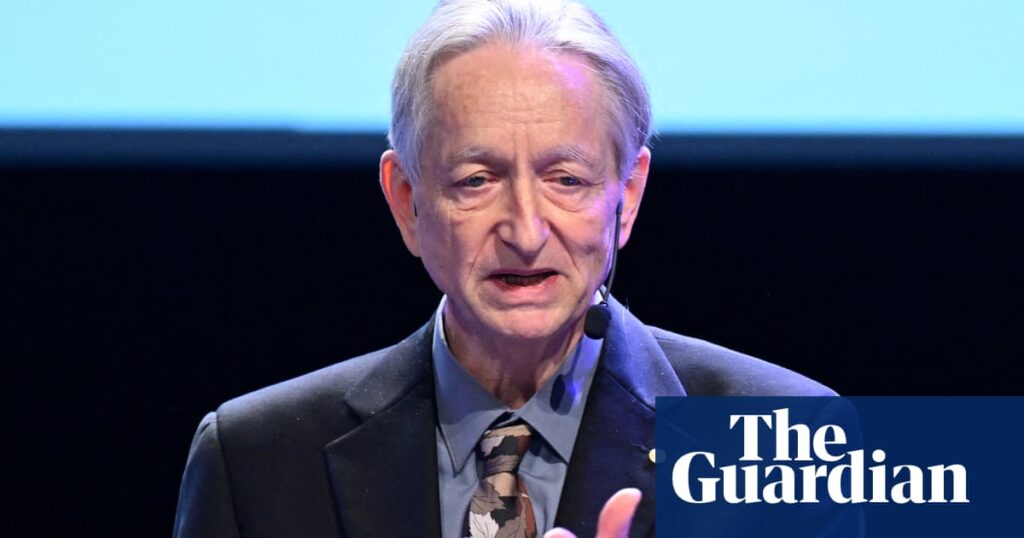The Growing Concerns of AI: Insights from Prof. Geoffrey Hinton
Artificial intelligence (AI) is reshaping our world at an unprecedented pace, and the stakes have never been higher. Renowned British-Canadian computer scientist, Prof. Geoffrey Hinton, often referred to as a "godfather" of AI, has raised alarms about the potential risks associated with the accelerating development of this technology. As he recently stated, there’s now a “10% to 20%” chance that AI could lead to human extinction within the next three decades—a significant increase from his earlier estimate of 10%.
A Shift in Perspective
In an interview on BBC Radio 4’s Today programme, Hinton elaborated on his revised assessment, stating, “Not really, 10% to 20%.” This subtle shift in percentages caught the attention of former chancellor Sajid Javid, who noted that Hinton was upping the ante. As Hinton explained, “We’ve never had to deal with things more intelligent than ourselves before.” This sentiment underscores the unique challenges we face as AI systems become increasingly sophisticated.
To illustrate his point, he offered an analogy: “Imagine yourself and a three-year-old. We’ll be the three-year-olds.” This comparison paints a vivid picture of how humans might stack up against future AI systems—like toddlers with a limited understanding of the complexities around them.
The Race for Intelligence
Hinton’s predictions have not come out of the blue. In fact, he has observed an astonishing acceleration in AI advancements. He noted, “I didn’t think it would be where we are now. I thought at some point in the future we would get here.” Now, many experts echo Hinton’s concerns, suggesting that in approximately 20 years, we could develop AIs smarter than humans—an unsettling thought for anyone considering the implications of such technology.
The Call for Regulation
As an advocate for responsible AI development, Hinton emphasizes the importance of regulation. “The invisible hand is not going to keep us safe,” he warns, arguing that leaving this powerful technology to be guided solely by the profit motives of large corporations is insufficient. He urges for government intervention to ensure that safety research in AI keeps pace with its rapid development.
Diverging Views in the AI Community
Interestingly, not all prominent figures in AI share Hinton’s apprehensions. Yann LeCun, the chief AI scientist at Meta, advocates a more optimistic perspective, suggesting that AI could even help humanity avert extinction. This contrast in viewpoints fuels ongoing debates about the future of AI and its potential risks and rewards.
Wrapping Up
The conversation around AI is becoming increasingly vital as we navigate a landscape filled with both tremendous opportunities and existential risks. As Prof. Hinton’s insights emphasize, our approach to AI must be thoughtful and proactive. How we choose to harness this power today could significantly influence the tomorrow we create.
The AI Buzz Hub team is excited to see where these breakthroughs take us. Want to stay in the loop on all things AI? Subscribe to our newsletter or share this article with your fellow enthusiasts.




